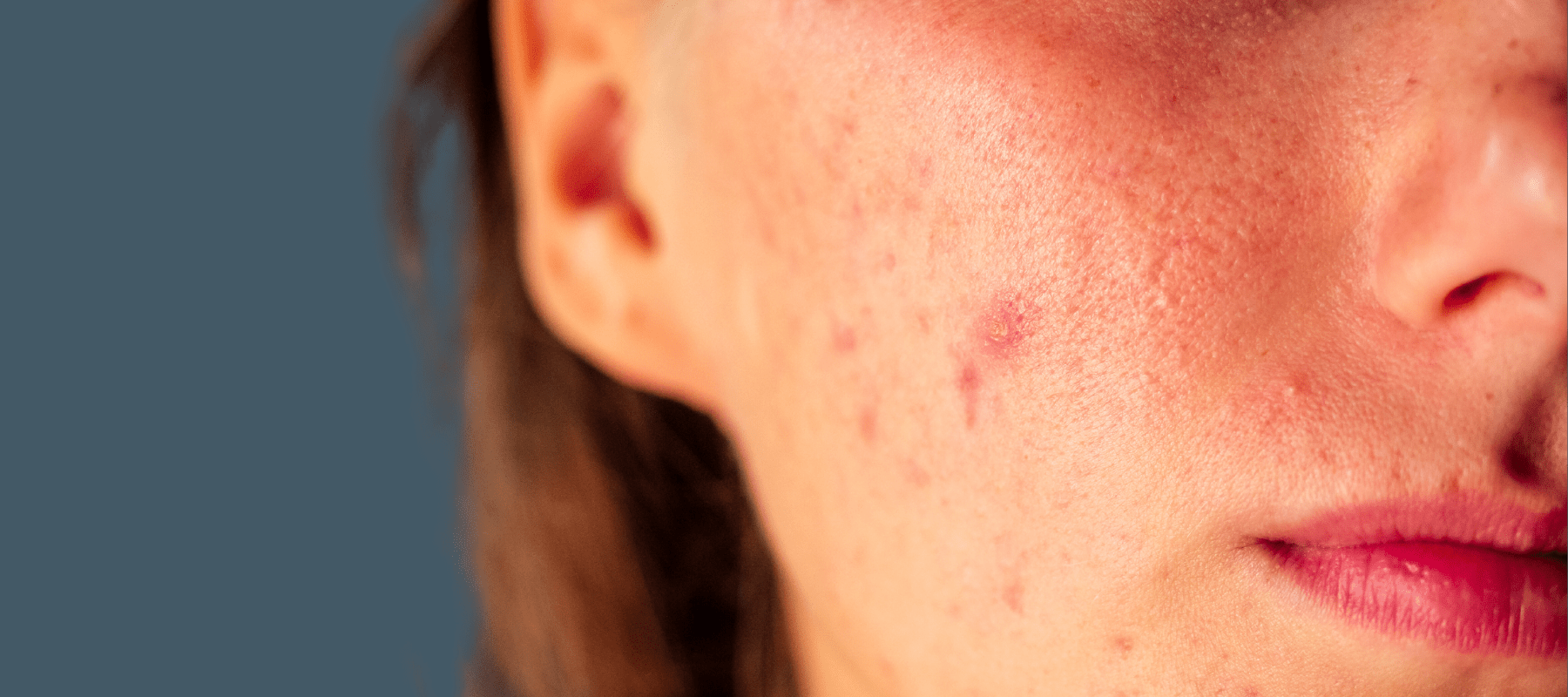
Does Salicylic Acid Remove Acne?
Millions grapple with the discomfort and self-awareness accompanying acne, a common skin condition. Amidst an array of treatments available in the market, salicylic acid has gained favour within skincare circles.
So, let’s take a look at how salicylic acid helps in the treatment and reduction of acne.
What is salicylic acid good for?
Salicylic acid, a form of beta hydroxy acid (BHA) derived from willow tree bark stands renowned for its use in skincare. It has been leveraged for therapeutic benefits over many years. Today, it primarily serves to exfoliate the skin, clear clogged pores, and treat acne in modern skincare usage.
Let's see what is salicylic acid good for:
1. Exfoliation
The mechanism of action of the chemical exfoliant salicylic acid is to penetrate the skin's surface and dissolve the bonds that hold dead skin cells together. This exfoliating action promotes smoother, more vibrant skin by removing the top layer of dead skin cells.
2. Unclogging pores
When dead skin cells and sebum (skin oil) combine to block hair follicles, acne frequently develops. Salicylic acid penetrates well because of its lipophilic (oil-soluble) characteristics. Once inside, it can aid in dissolving and removing the dirt that causes blocked pores.
3. Anti-inflammatory properties
Salicylic acid also has anti-inflammatory effects that can help lessen the redness and swelling connected with acne lesions. For people who are battling with both active breakouts and post-inflammatory hyperpigmentation, this characteristic makes it a desirable alternative.
What does salicylic acid do?
Examining salicylic acid's mechanisms of action is crucial to comprehend how it might aid in the fight against acne. Let's have a look at what does salicylic acid do:
1. Dissolves keratin plugs
Keratin plugs forming in hair follicles are one of the main causes of acne. Salicylic acid's capacity to permeate the epidermis and dissolve these clogs aids in stopping the development of new acne lesions.
2. Regulates oil production
Salicylic acid exfoliates the skin's surface and gets rid of extra oil, which helps control sebum production. As excessive oiliness can worsen acne, those with oily or mixed skin may find this to be very helpful.
3. Reduces inflammation
Salicylic acid's anti-inflammatory effects help reduce acne-related redness. It can calm sensitive skin, reducing the inflammation of breakouts.
4. Prevents blackheads and whiteheads
By keeping the pores free of debris and dead skin cells, salicylic acid's exfoliating effect also helps to prevent the development of blackheads and whiteheads.
Also Read: Salicylic Acid Uses for Skin and How to Use it
Does salicylic acid remove acne?
The million-dollar question: does salicylic acid remove acne? The response is a cautious yes. Salicylic acid is unquestionably helpful in treating acne, but how well it works depends on a number of variables, including the kind of acne, the salicylic acid concentration used, and the sensitivity of the patient's skin.
1. Moderate to mild acne
Mild to severe acne, including blackheads, whiteheads, and tiny pimples, responds well to salicylic acid treatment. Its pore-clearing and exfoliating abilities can aid in preventing and minimising unsightly spots.
2. Constant upkeep
It is frequently required to incorporate salicylic acid into a daily skincare regimen in order to properly treat acne with it. It is a long-term approach to preventing outbreaks rather than a one-time fix.
3. Concentration matters
Salicylic acid concentrations in skincare products might differ greatly. Salicylic acid normally ranges from 0.5% to 2% in over-the-counter medications. Over-the-counter solutions may be sufficient for moderate cases of acne, but greater concentrations may be necessary in more severe cases and need to be used under a dermatologist's supervision.
4. Individual skin sensitivity
Salicylic acid may make some people more sensitive, causing dryness, redness, or peeling. To reduce these adverse effects, it's critical to start with a lower dose and increase gradually. Additionally, anyone who is allergic to aspirin should use salicylic acid with care.
5. Combination therapy
For the best effects, a combination of acne-fighting substances may be required in many instances. A dermatologist may advise using salicylic acid in addition to other therapies like benzoyl peroxide or prescription medicines.
6. Patience is essential
Salicylic acid is a slow-acting acne treatment. Results might not show up right away, and it can take several weeks of regular use to see a discernible difference. It is essential to follow the routine and to avoid using the product excessively, which might irritate the skin.
The Clearing & Calming Acne Face Wash and Overnight Acne Spot Corrector from The Pink Foundry complement one another to treat acne. The face wash gently cleanses and soothes the skin, avoiding breakouts and fostering a clear, bright complexion. The spot corrector targets blemishes, decreasing their appearance overnight.
So, using both products according to a proper skincare routine will surely help you achieve clear and glowing skin that’s free of acne.
Also read: Amazing Benefits of Salicylic Acid for your Skin
Conclusion
Salicylic acid serves as a potent tool in the battle against acne, boasting pore-clearing, exfoliating and anti-inflammatory properties. It offers an effective alternative for individuals battling with mild to moderate acne.
For individuals contemplating the integration of salicylic acid into their acne treatment regimen, it is vital to begin with a minimal dosage and incrementally escalate its use where necessary. Patience becomes imperative when employing it. Benefits may not become immediately apparent. However, consulting a dermatologist offers personalised advice, a powerful tool in effectively combating acne.
Salicylic acid could revolutionise the pursuit of cleaner skin. However, for optimal results, adherence to a consistent skincare routine and if required, integration with other acne-combating substances or treatments remains crucial.























































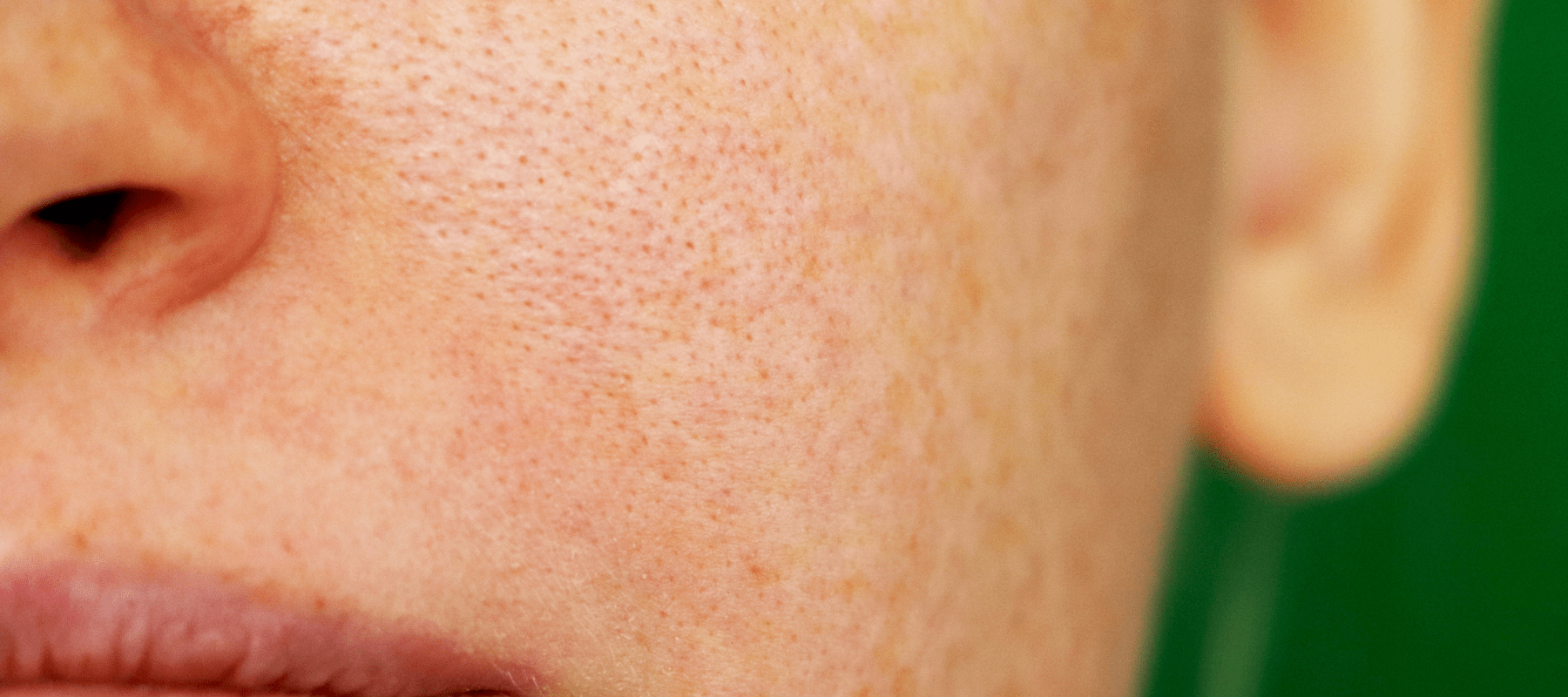

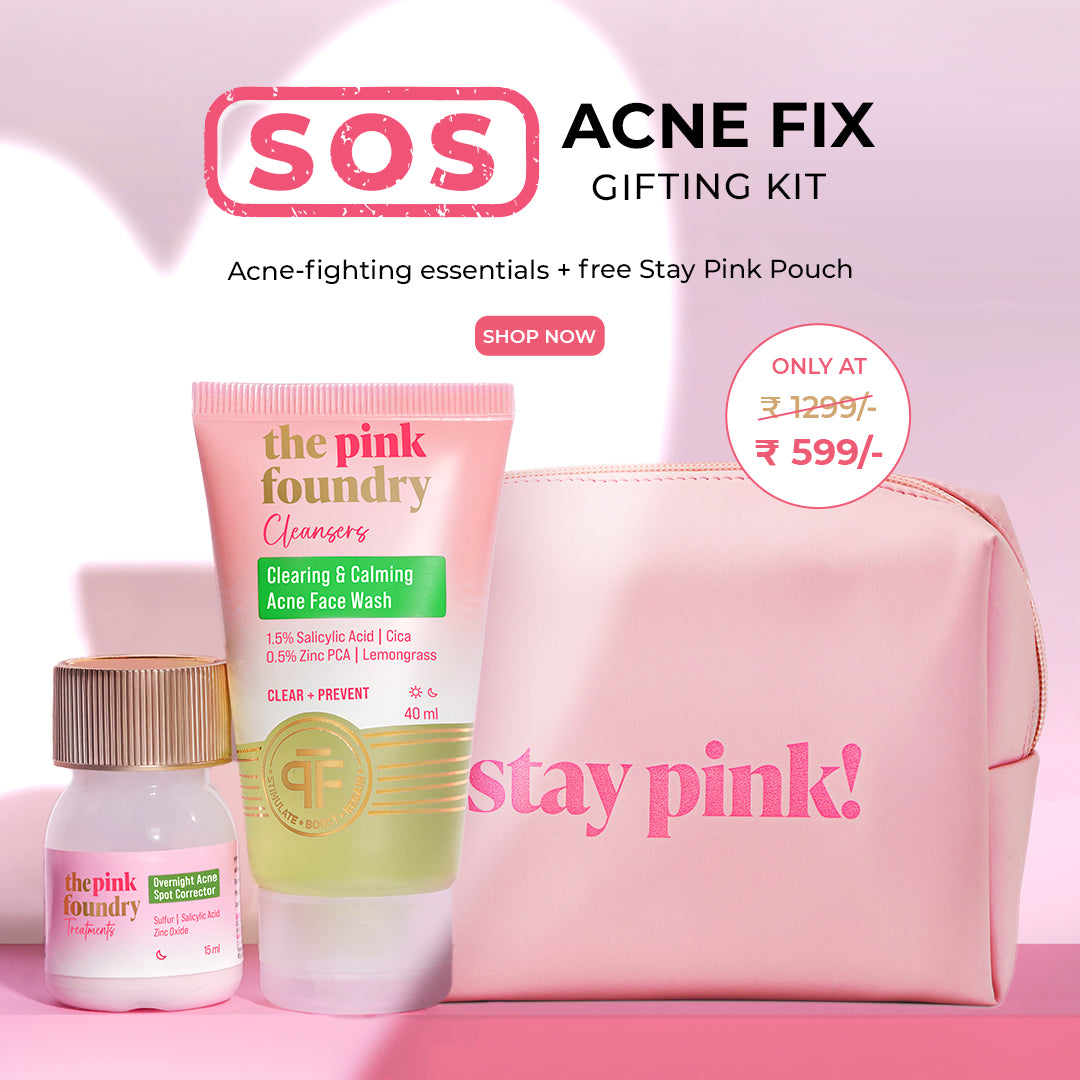
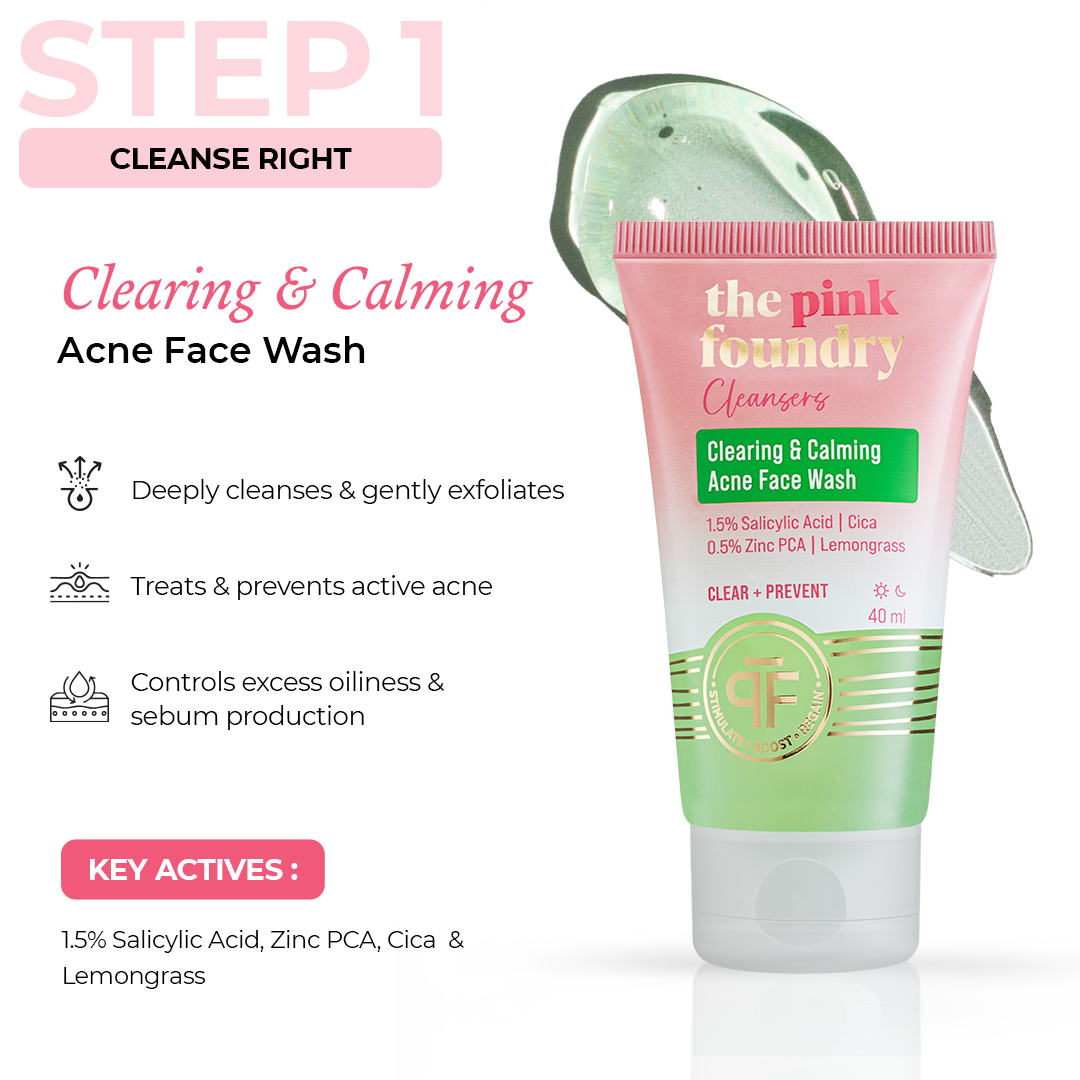




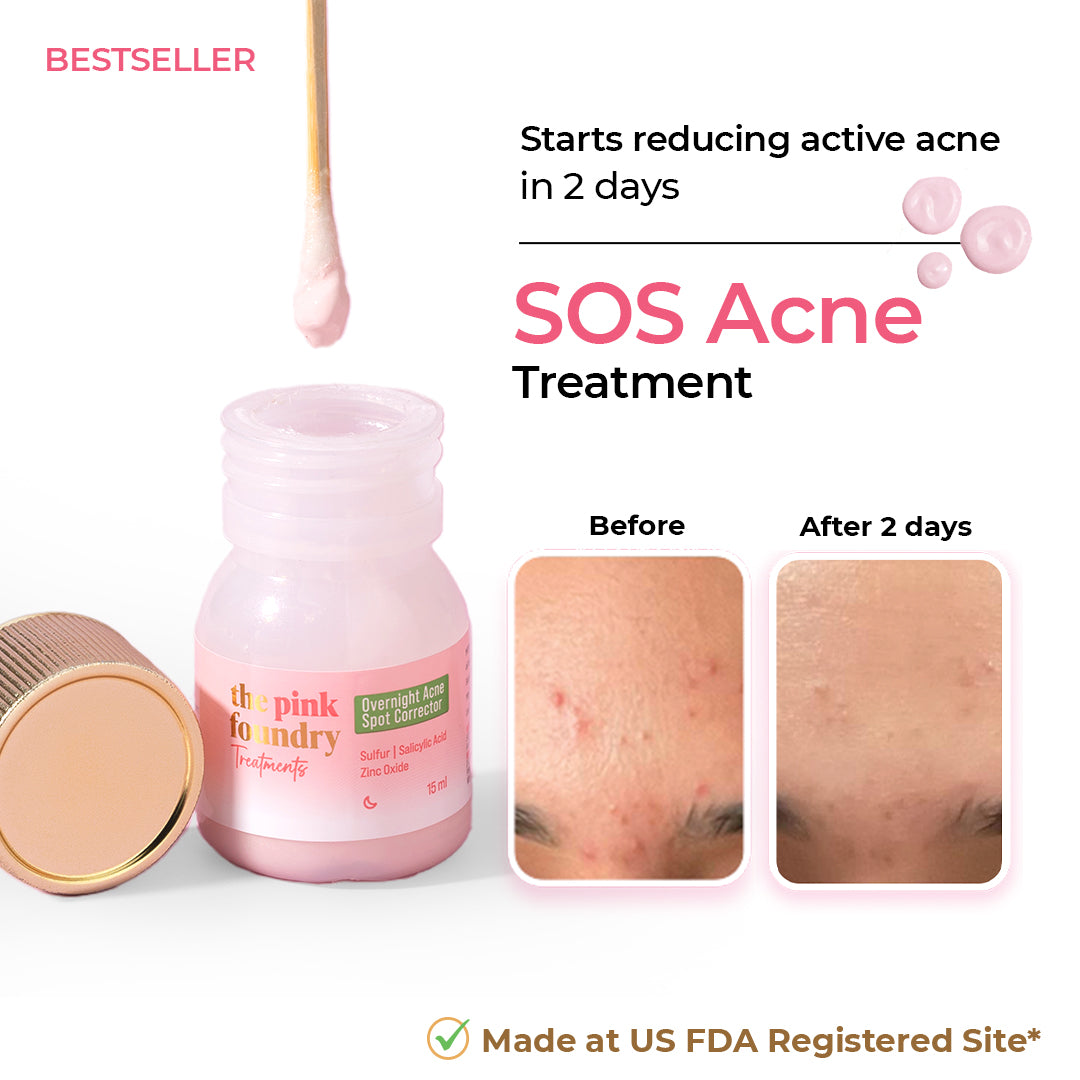
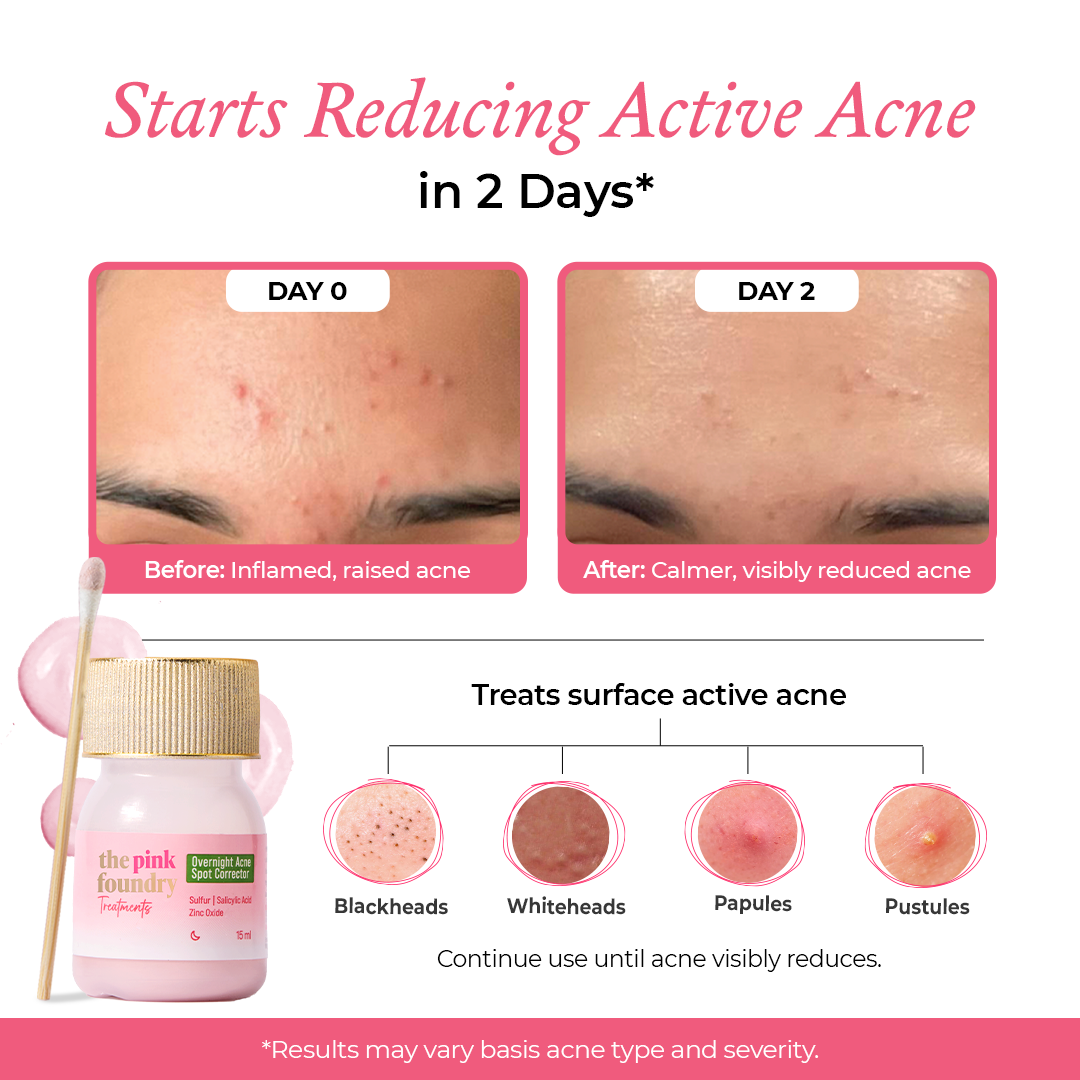








Leave a comment
This site is protected by hCaptcha and the hCaptcha Privacy Policy and Terms of Service apply.